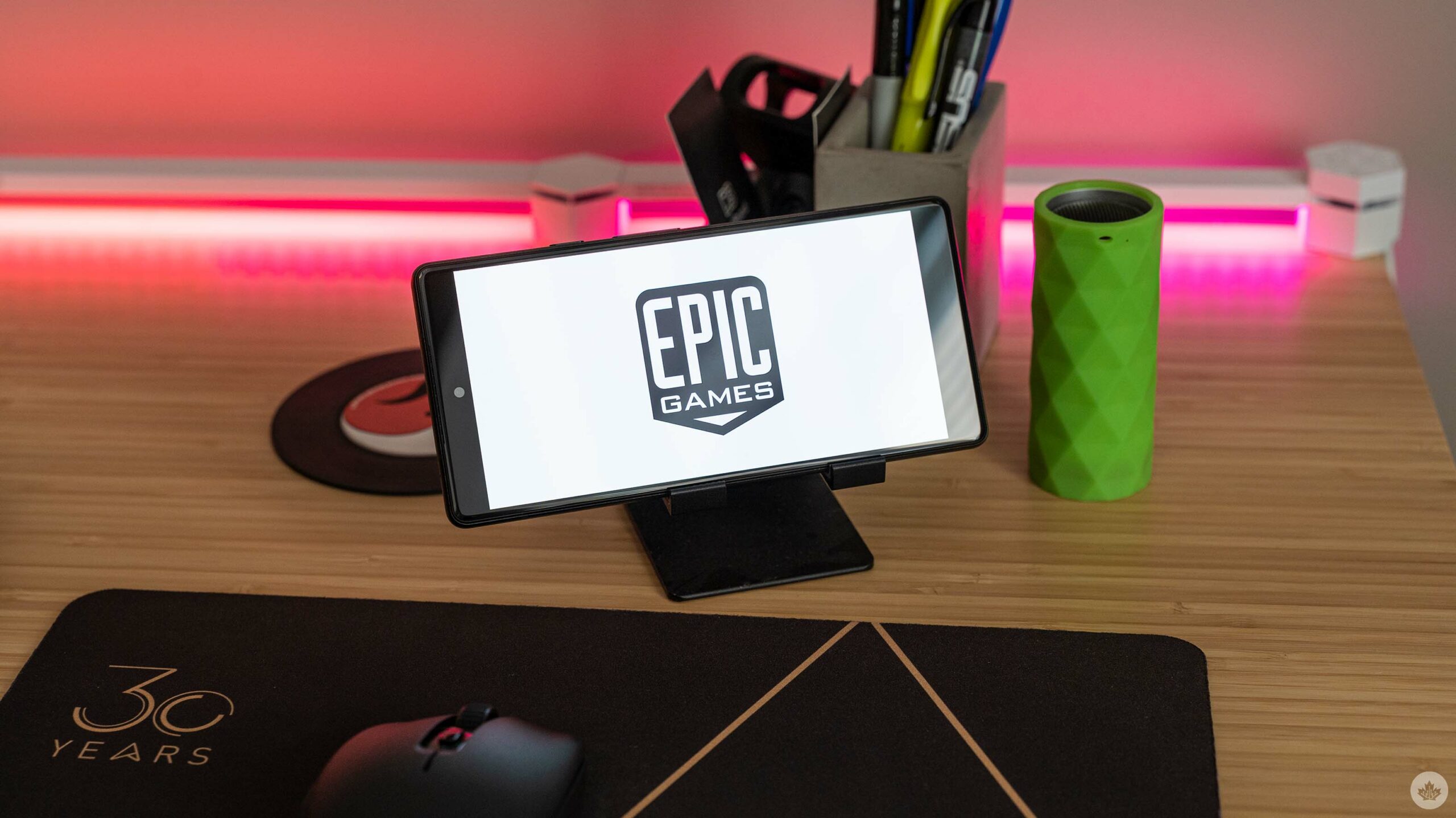
The White House, 35 U.S. states and Microsoft have filed ‘amicus curiae’ briefs supporting Epic Games in its appeal in the antitrust case against Apple.
9to5Mac explains that third parties not directly involved in cases may want a say, particularly when the case has significant public interest. Third parties can file amicus curiae — literally “friend of the court” — briefs with advice for the judge. These briefs all essentially argue the original judge made a legal error in deciding how a key antitrust law applies to Apple.
To refresh your memory, the original ruling concluded that Apple didn’t meet the legal tests to be considered a monopoly but did rule that Apple had to allow developers to use third-party payment platforms if they want. Apple and Epic have both filed appeals on different aspects of the ruling, with Epic focusing on the conclusion that Apple isn’t a monopoly.
Foss Patents detailed the three amicus briefings. The first was submitted by Utah’s state attorney general and included 34 other state attorneys general (AGs). Foss Patents notes the list is basically the same as the states suing Google alongside Epic in a separate antitrust case. The list is as follows:
“The states–led by the Beehive State–are (in alphabetical order): Alaska, Arkansas, Colorado, Connecticut, Delaware, D.C. (I’m not taking a position on the controversial question of statehood here), Florida, Idaho, Illinois, Indiana, Iowa, Kentucky, Louisiana, Maryland, Massachusetts, Michigan, Minnesota, Montana, Nebraska, Nevada, New Hampshire, New Jersey, New Mexico, New York, North Dakota, Ohio, Oregon, Pennsylvania, Rhode Island, South Carolina, South Dakota, Texas, Utah (submitter), Vermont, and Washington.”
The states’ argument focuses on Section 1 of the Sherman Act, a key piece of U.S. antitrust legislation. A short explanation from 9to5 is that Section 1 says companies can’t make agreements among themselves to distort competition (for example, several companies agreeing to charge the same price for something). Section 2, however, says that companies in a dominant position can’t take unilateral actions designed to give themselves a monopoly.
Foss Patents explains that the focus on Section 1 is strange for the Epic v. Apple case but notes that it stems from the states’ own case against Google.
The White House claims not to support either party, but its arguments back Epic
Microsoft’s amicus brief focuses on “Apple’s extraordinary gatekeeper power” and serves as an example of another ‘Big Tech’ company concerned and impacted by Apple’s conduct.
Finally, the White House filed its own amicus brief, claiming that it’s “in support of neither party” before laying out several arguments that support important elements of Epic’s case, including that Section 2 of the Sherman Act should apply to Apple. Foss Elements has a great breakdown of the brief here.
However, it’s important to note that these amicus briefings do not mean Epic will win its appeal. A judge is obliged to consider amicus brief arguments but ultimately makes their own decision. Still, the sheer amount of support behind Epic in the appeal is impressive and could definitely lead to a ruling in Epic’s favour.
Source: 9to5Mac, Foss Patents, (2)
MobileSyrup may earn a commission from purchases made via our links, which helps fund the journalism we provide free on our website. These links do not influence our editorial content. Support us here.


